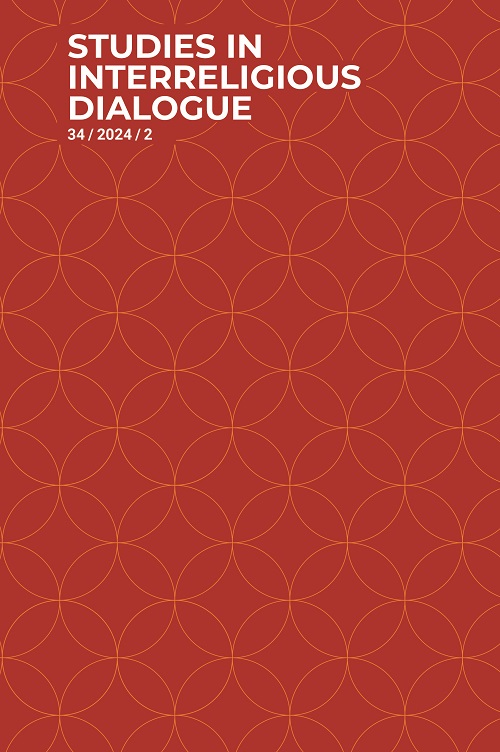next article in this issue  |

|
Document Details : Title: The Religious Humanitarianism of Abdurrahman Wahid and Mahatma Gandhi and its Relation to Authentic Interfaith Dialogue Author(s): JENI ABDILLA, Ardeti , JOEBAGIO, Hermanu , WARTO Journal: Studies in Interreligious Dialogue Volume: 29 Issue: 2 Date: 2019 Pages: 141-157 DOI: 10.2143/SID.29.2.3287304 Abstract : This research aimed to construct the humanitarianism thoughts of Abdurrahman Wahid and Mahatma Gandhi and its relation to the concept of interfaith dialogue as a resolution to religious-based conflicts. This research applied Discourse Historical Analysis (DHA) with Abdurrahman Wahid’s essays, Mahatma Gandhi’s autobiography, and relevant articles as a research corpus. The humanitarianism values of Abdurrahman Wahid and Mahatma Gandhi consist of three dimensions; they are self-consciousness, self and knowledge transform, and egalitarianism. Self-consciousness consists of love and compassion, empathy, solidarity, and tolerance values. Self and knowledge transformation consists of altruistic, critical, and rational values. Egalitarianism consists of equality, plurality, justice, and democratic values. These values were then built as a foundation in the authentic interfaith dialogue approach. This approach can build integrated social capital and inter-religious cooperation among parties who have been involved in conflict, so that religion is not seen as a difference that separates, but the difference that can unite in dealing with humanitarian issues. |
|
